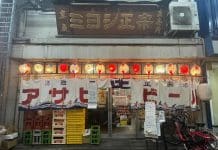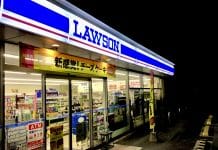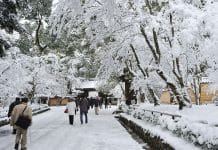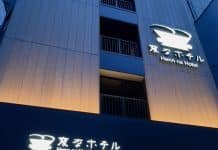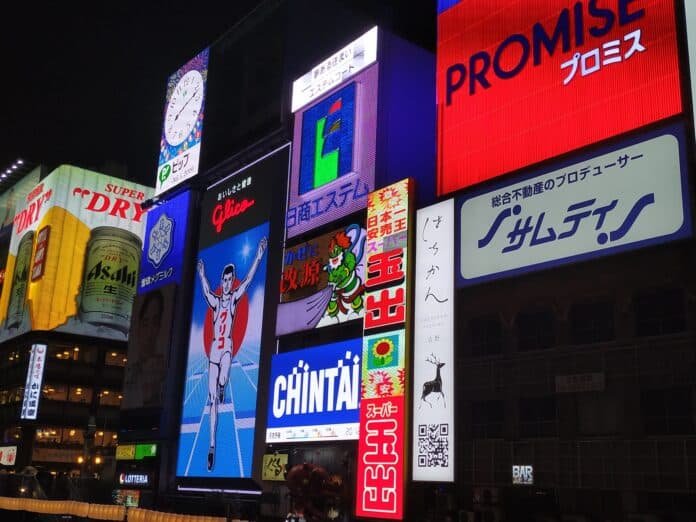
Sometimes when you visit a new place, the language of the locals can almost become a tourist attraction of its own. osaka ben
It was like that when I was growing up in Glasgow, Scotland and it’s like that now in Osaka too.
In fact, in the same vein as Glasgow, there is some debate in academic circles in Japan as to whether Osaka’s local dialect, known colloquially as Osaka-Ben, deviates from standard Japanese enough that it could actually be considered a different and separate language.
Whatever you think of Osaka-Ben and it’s linguistic status, as any seasoned traveller will tell you, it never does any harm to learn a bit of the local language before you travel somewhere.
With that in mind, join me today as I talk you through the top 10 Osaka-Ben phrases you should have handy next time you visit:
- Makete Kudasai!
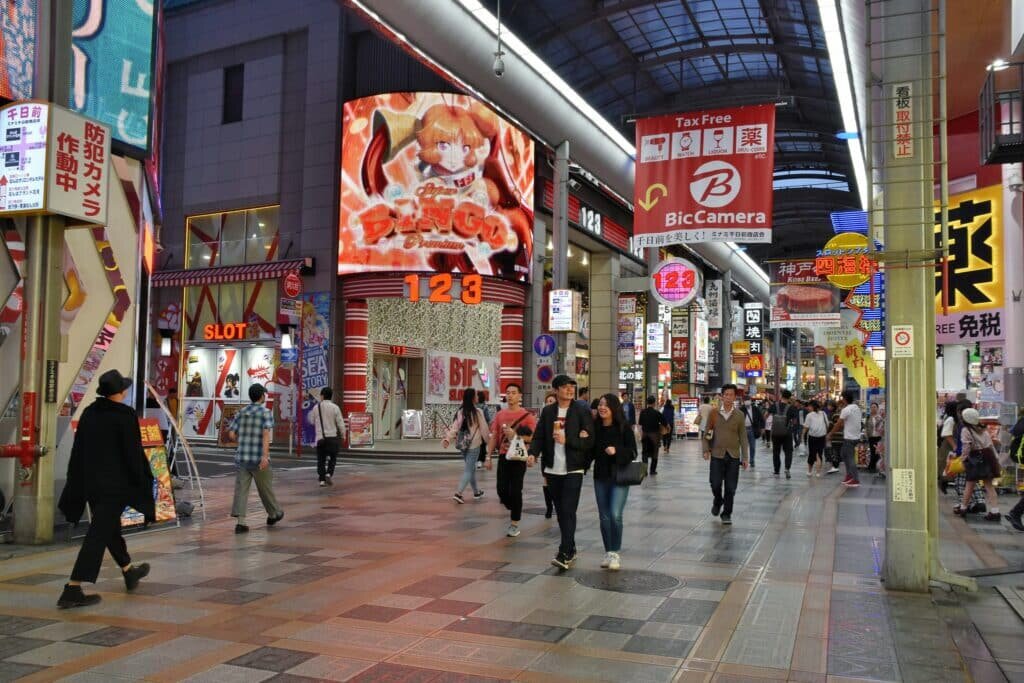
This first phrase is an essential one for tourists, as it revolves around that most popular of tourist pastimes: shopping.
Basically, it means “Please can I have a discount”. If you’re shopping in the markets or buying in bulk, then there’s always room for a little bit of negotation.
Even in department stores, there’s no harm in asking. You may not get an actual discount, but the staff might be able to give you a money off voucher, a loyalty card to sign up for, or possibly direct you to some current sales or special promotions.
If nothing else, they’ll probably find it cute that a foreigner would ask such a thing, and who knows what doors can be opened with a little charm.
- Meccha…
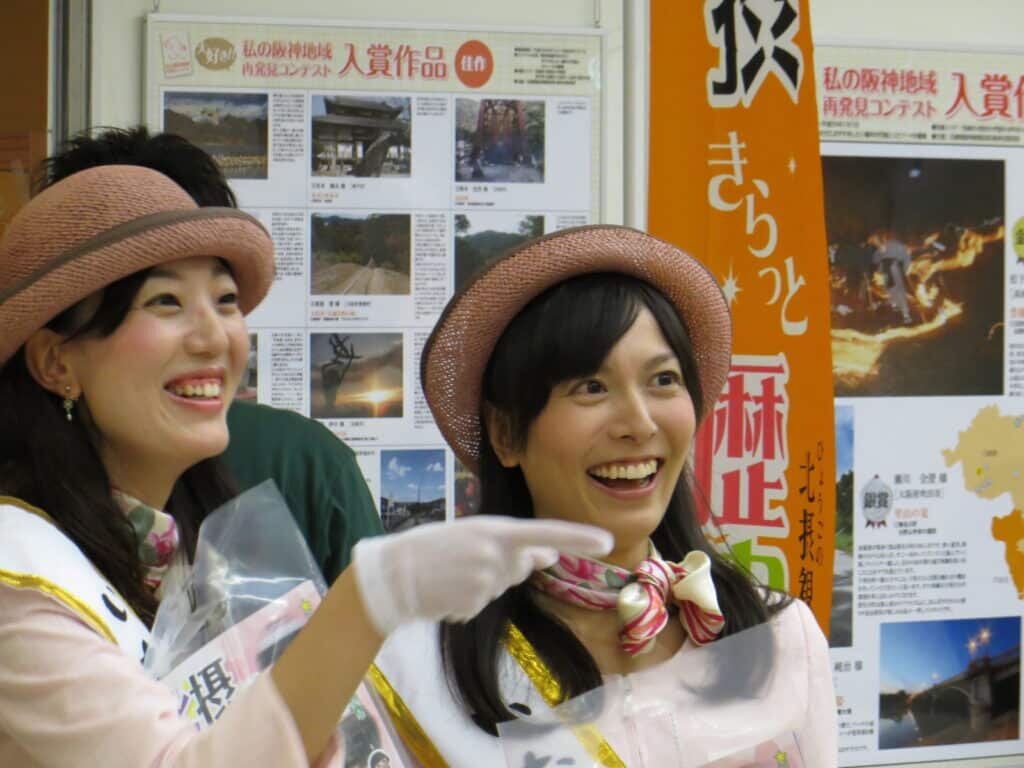
If there’s one aspect of language those Osakans love, it’s the use of a good superlative!
Meccha (pronounced me.. cha..) , is a local derivative of the standard Japanese words :motto” meaning more, and “sugoku”, meaning very or extremely.
In practice, we put meccha before an adjective to make it more positive or stronger.
For example: In English we would say: “That was fun”. The Japanese would be: “Sore wa tanoshikata desu”
However if you said: “Sore wa meccha tanoshikata desu” That would mean: “That was really good fun!”
It’s basically a good way of being enthusiastic and adding further praise to someone or something. And in Japan, a little extra praise can go a very long way!
- Nambo
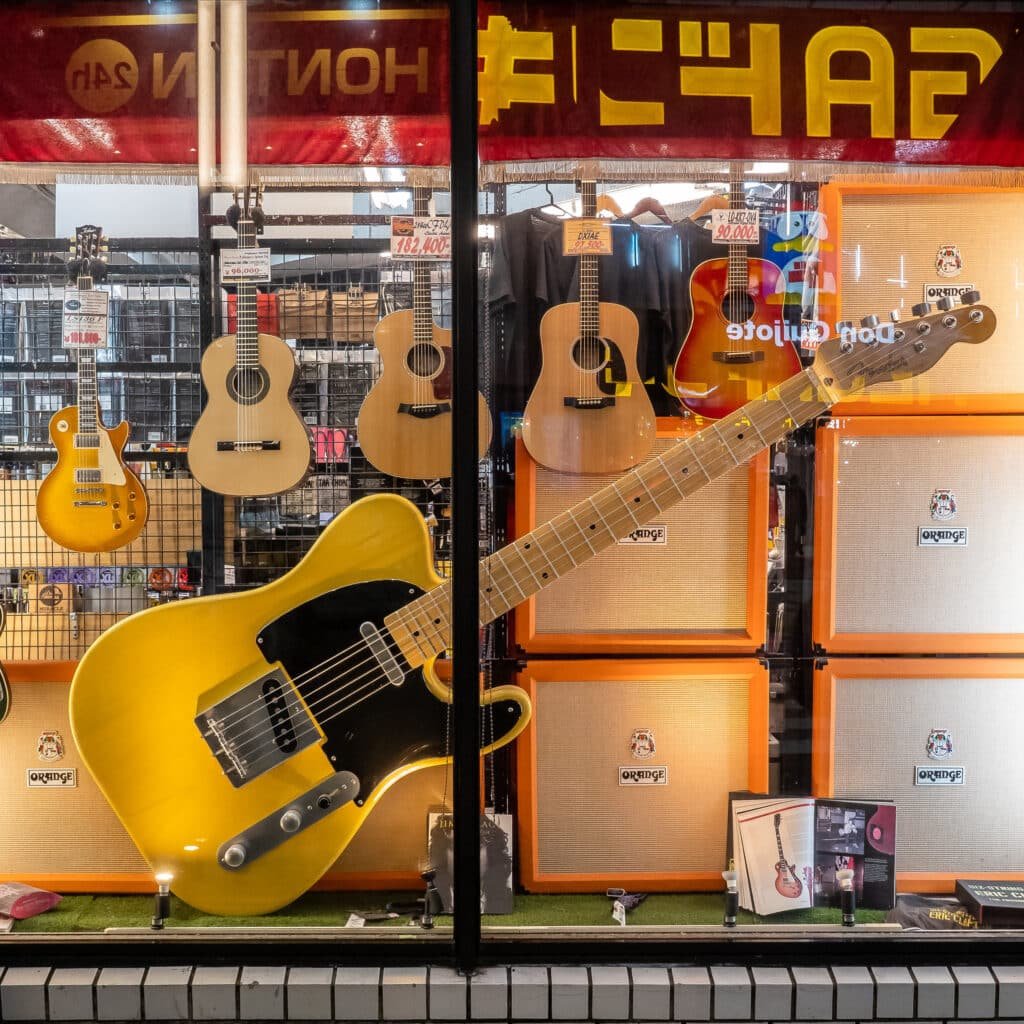
Continuing on from our earlier shopping theme, Nambo is somewhat informal way of saying “How much is it?”
Most Japanese language students will learn the more wordy “Ikura desu ka” (How much does this cost?) fairly early on in their studies. However, “nambo” is a better phrase to use for tourists visiting Osaka for two reasons. Firstly, being less wordy and therefore easier to remember, “nambo” rolls off the tongue far more easily and fluidly than “ikura desu ka”
Secondly, using a bit of the local dialect can, in the eyes of less scrupulous merchants, set you aside from the typical gullible holidaymaker, whom they would probably percieve to be something of an “easy mark” so to speak.
I tried it out a few times shortly after I moved to Osaka and it certainly yielded results down at some of the local markets!
- Hon ma ni

You’ve probably heard Japanese people before say “Honto?” which means “really?” or “are you sure?”
Well “Hon ma ni” is really just a more expressive and perhaps stronger way of saying this. It is most commonly used to express shock or surprise and unlike “meccha” it can be used in both a negative and a positive setting. For example, If I told one of my Osaka friends that I had just won the lottery, their response would most likely be “Hon ma ni?”
Though, by the same token, if I told them I was going to be late because I had just been in a car accident then their response would again be “Hon ma ni?”, though one would hope in a somewhat less excited, more sombre tone!
- Nan de ya nen!

Well, I’ve saved the best for last. Nan de ya nen is perhaps the quintisential Osaka phrase, and the one you will hear the most often.
As a friend of mine in Osaka once put it, in her typical, sometimes too direct way of speaking, nan de ya nen means: “Are you f**king serious?” or perhaps if you don’t want to swear: “You’ve got to be kidding me?”
However, it’s not just used to express shock, it can also be used in times of confusion. Another interpretation of the phrase, based on context, could be taken to mean “What are you talking about?”
Given its wide-ranging usage and multiple meanings, nan de ya nen is perhaps the phrase you will hear more often than any other in this list. It’s also perhaps the one that presents the biggest challenge in fully understanding it.
These five phrases are of course just the most basic of beginner courses in the beautiful language that is Osaka-Ben. However, I would strongly encourage you, even if you’ve never studied Japanese before, to have a go at trying some of these phrases out next time you’re in town. If nothing else, the locals will appreciate your effort, and you just might make a friend for life!






